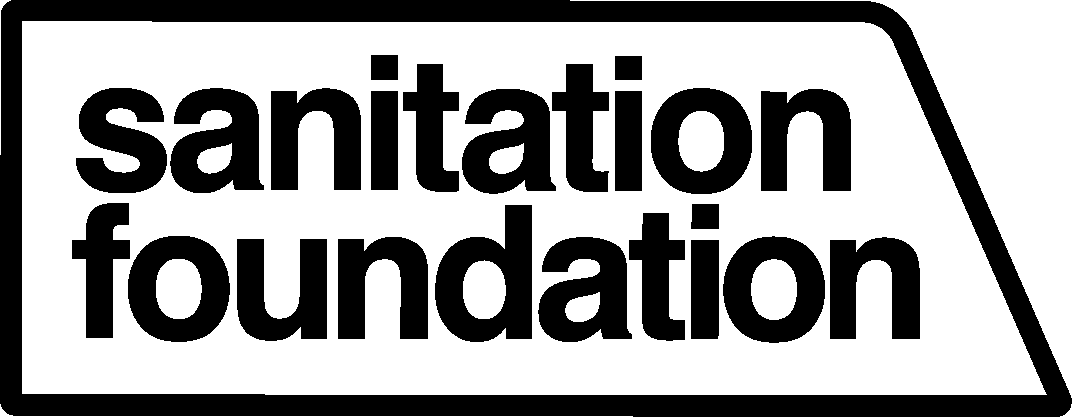New Series: Clean City Champions
Clean City Champions is our new series dedicated to spotlighting the leaders, change-makers and community heroes at the vanguard of transforming the landscape of waste in New York City and beyond. We’ll share the remarkable stories of individuals and leaders who are spearheading innovative solutions, driving sustainable practices, and making a tangible impact on waste reduction worldwide.
Join us as we explore the journeys of these inspiring pioneers, unravel their strategies, and celebrate their dedication to forging a cleaner, greener future for our cities and the planet.
By Anne Whiting
Cleanups Across the Globe: Meet Vishal Kumar of Waste Warriors
VISHAL KUMAR
Position: CEO, Waste Warriors
Vishal Kumar is the passionate, driving force behind Waste Warriors, a non-profit startup in India, whose goal is to reduce plastic pollution in the Indian Himalayan Region, especially eco-sensitive areas like mountains, forests and rivers where, Vishal says, trash should have no place.
We had the pleasure of meeting Vishal in September during Climate Week NYC, when he traveled to NYC to represent the Indian delegation at the 2023 Bill and Melinda Gates Foundation GoalKeepers Conference. He and his team also joined us to help cleanup Times Square during our Great Broadway Sweep.
Waste Warriors broader missions are to encourage strong government solutions to waste management; activate communities including locals and tourists to co-create solutions; empower local entrepreneurs to build sustainable businesses around collection, recycling and upcycling waste; and engage in research and policy advocacy specific to the Indian Himalayan Region. Under Kumar’s management, Waste Warriors has scaled up its field operations to work with almost 200 Warriors spanning 11 locations across Uttarakhand and Himachal Pradesh.
This past summer, after attending the invite-only TED Countdown Summit on Climate Change in Detroit, Waste Warriors was awarded the prestigious Keeling Curve Prize by the Global Warming Mitigation Project. They are the only Indian organization to date to be awarded this honor, which recognizes the world’s top ten most promising solutions to mitigate the climate crisis.
At the Sanitation Foundation, we were thrilled to see that addressing litter and educating communities about waste management is considered a top ten solution to combat global warming.
Growing up, Vishal says he was all too familiar with seeing litter all over the Indian landscape, both urban and rural. As he finished university and became more impassioned by the problem, he didn’t want to just accept that trash “is what it is” and he didn’t just want to point blame at whoever was failing to mitigate or collect waste properly. He refused to be jaded. He wanted to take personal responsibility.
The tipping point: on a 40-hour train ride from Chennai to Varanasi, Vishal was marveling at his country’s awe-inspiring natural beauty, but was distraught by the continuous, never-ending trail of littered plastics on the railway tracks.
Vishal made a decision to pursue a career in sustainability, an unconventional choice. He has a Bachelors and a Masters degree in Materials Science and Technology from the Indian Institute of Technology in Varanasi (BHU). Vishal told us that it’s uncommon for someone of these credentials in India to forgo a lucrative engineering job and in favor of the chaotic life of managing a nonprofit — one that focuses on the otherwise overlooked if not taboo subject of trash, no less.
When we met, Vishal told us, “I like the mission of the Sanitation Foundation because, like us, they’re about taking real action, not just talk, not just pointing blame.” He really appreciates our hands-on approach to engaging New Yorkers in the work of keeping the city clean.
We learned that participating in the The Great Broadway Sweep was not the first time Vishal had cleaned up New York City. On his last visit, living up to his mantra that people should leave every place a little better than they found it, and surprised to see so much litter in the famous city’s streets, Vishal and a friend did their own cleanup from 33rd Street to Times Square.
Vishal knew India had a waste management problem, but the USA?! “It’s mind boggling how much the USA wastes,” he laments. Un-fun fact: there was one pesky little thing that was one of the biggest offenders of visible trash in the nooks and crannies of NYC…cigarette butts.
Back home, he says there are two main problems he’s trying to tackle. One is a lack of a cohesive system for putting away waste, so a lot of it ends up in huge, dangerous, unhealthy piles and scattered around the landscape. The other is that people in the Himalayan region of India are not really able to recycle, because not all states have enough access to a functioning infrastructure. Instead, his beautiful home has to burn its trash, which emits microplastics, nanoplastics, and other toxic pollutants into the air. (And, once burned trash becomes ash, it leeches these toxins into the soil.)
It’s these micro-byproducts that Vishal says are really the problem with waste and litter. They’re affecting our health in many negative ways. Bad for the soil, and bad for our bodies.
Vishal is passionate about how waste affects our minds and general wellbeing. Whether train-traveling across the countryside or simply going to work, seeing trash everywhere is not a good thing. It numbs us to the reality of our connection to the Earth. He emphasizes humans’ connection to nature: “When nature is dying, we (humans) are also dying, because we are not just part of nature, we are nature,” he explains.
His work with Waste Warriors is at the intersection of climate change, biodiversity habitat
We loved meeting you, Vishal. Thanks so much to you and your team at Waste Warriors.



